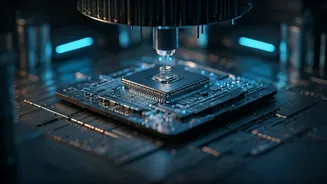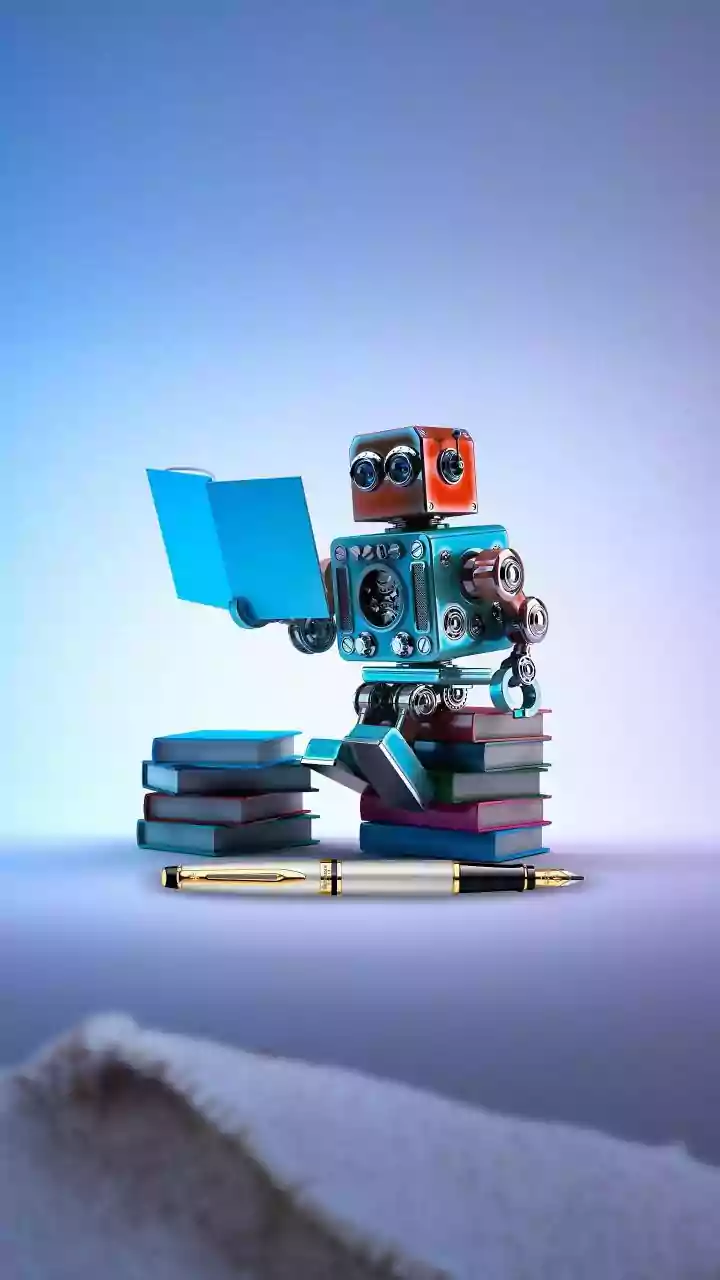Quantum Computing's Promise
Quantum computing has long been viewed as the next major step in computation, offering capabilities far beyond what traditional computers can manage. At
its core, quantum computing uses the principles of quantum mechanics to perform complex calculations. Unlike classical computers that use bits, which can be either 0 or 1, quantum computers use qubits. Qubits can exist in a superposition, meaning they can be both 0 and 1 simultaneously. This ability allows quantum computers to explore numerous possibilities at once, making them exceptionally powerful for certain types of problems. The potential applications span a wide range of fields, including drug discovery, materials science, and artificial intelligence, by speeding up current computation times.
The Willow Chip Unveiled
Google's 'Willow' chip is at the heart of their latest achievement in quantum computing. The specific design and architecture of the chip are key to its performance. The chip is designed to manipulate qubits with high precision and low error rates, crucial for complex calculations. According to reports, the 'Willow' chip has demonstrated remarkable capabilities. The chip reportedly solved a specific algorithm roughly 13,000 times faster than prior methods. This significant speed increase is a testament to the chip's design and the underlying algorithms employed by the researchers. The reported performance implies a considerable improvement in quantum computing capabilities.
Breaking Computational Barriers
The algorithm solved by the 'Willow' chip serves as a test case for quantum computing's potential. Solving such problems quickly can have important practical implications. This advancement demonstrates the ability of quantum computers to outperform conventional computers in specific tasks. While quantum computers are not expected to replace classical computers entirely, they can address highly complex problems that would take traditional computers a very long time to solve. For instance, in drug discovery, quantum computers could simulate the behavior of molecules, potentially speeding up the process of identifying effective treatments. In materials science, these computers can design new materials with specific properties.
Future Implications
The recent achievement marks a step forward in quantum computing's evolution. This breakthrough is not just a technological milestone; it also carries long-term implications for research and industry. Quantum computers can lead to advances across several industries. The success of Google's 'Willow' chip provides inspiration and shows the progress that is being made in the field. This progress encourages more research and development, which will inevitably lead to more breakthroughs. As quantum computing advances, we can expect to see new applications and impacts in various fields, thus redefining the boundaries of what is computationally possible.






















